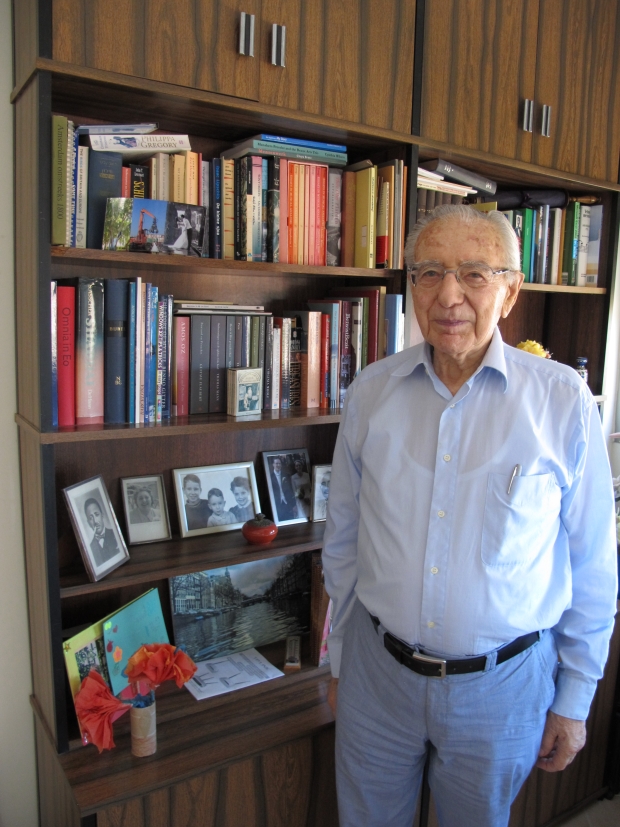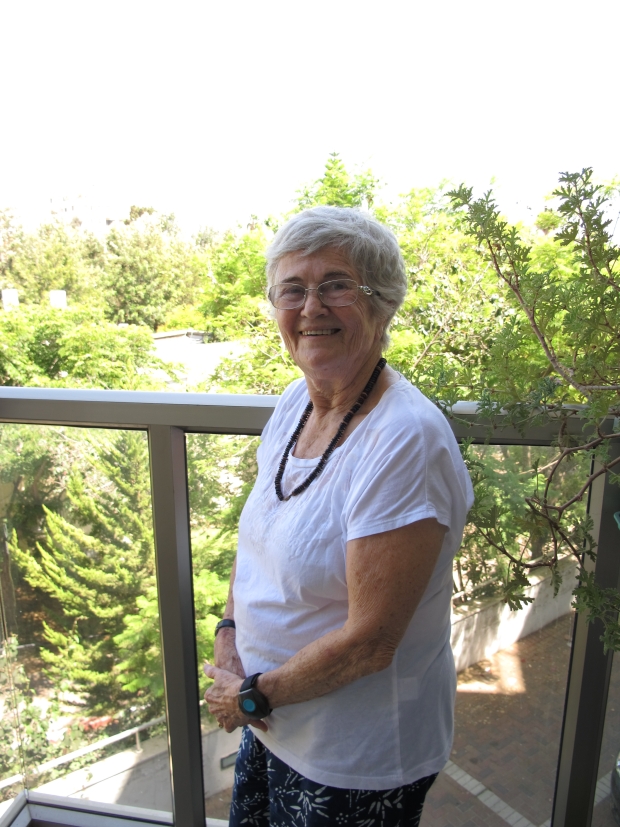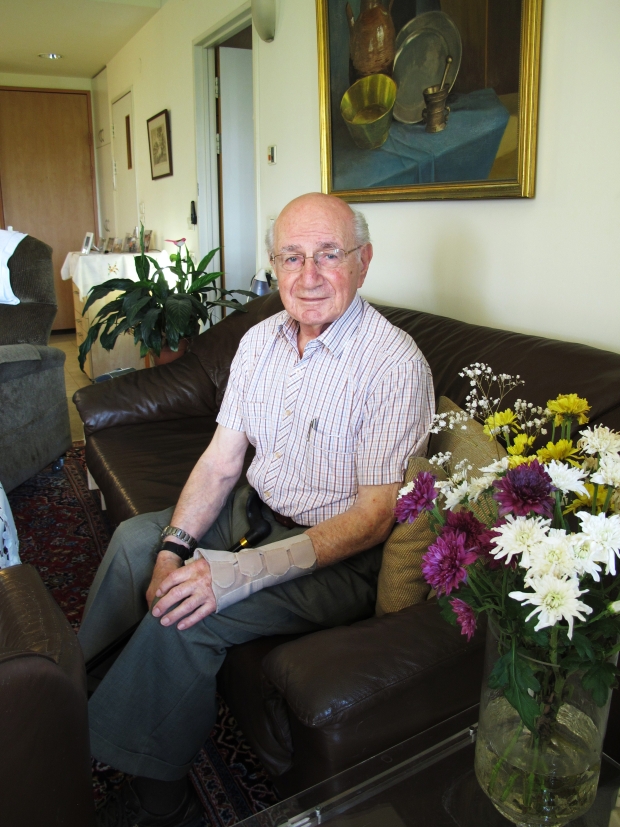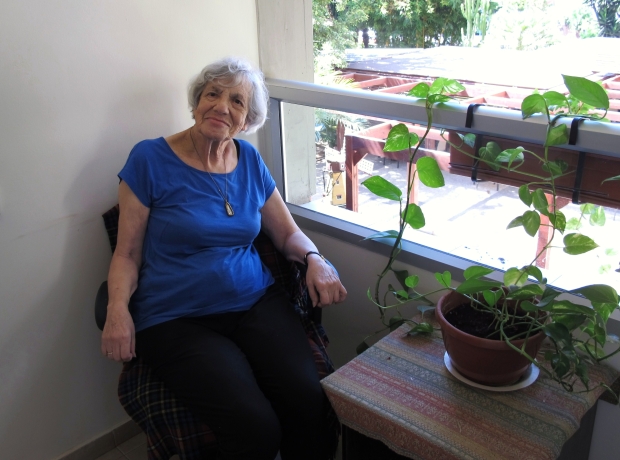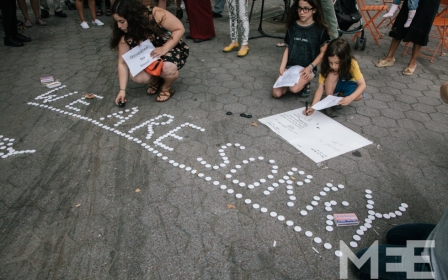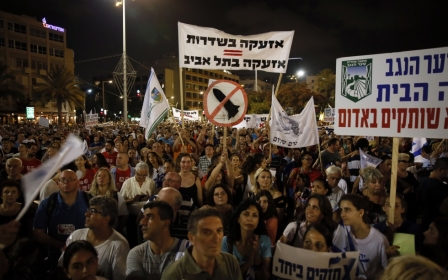Holocaust survivors fear rise of anti-Semitism in West
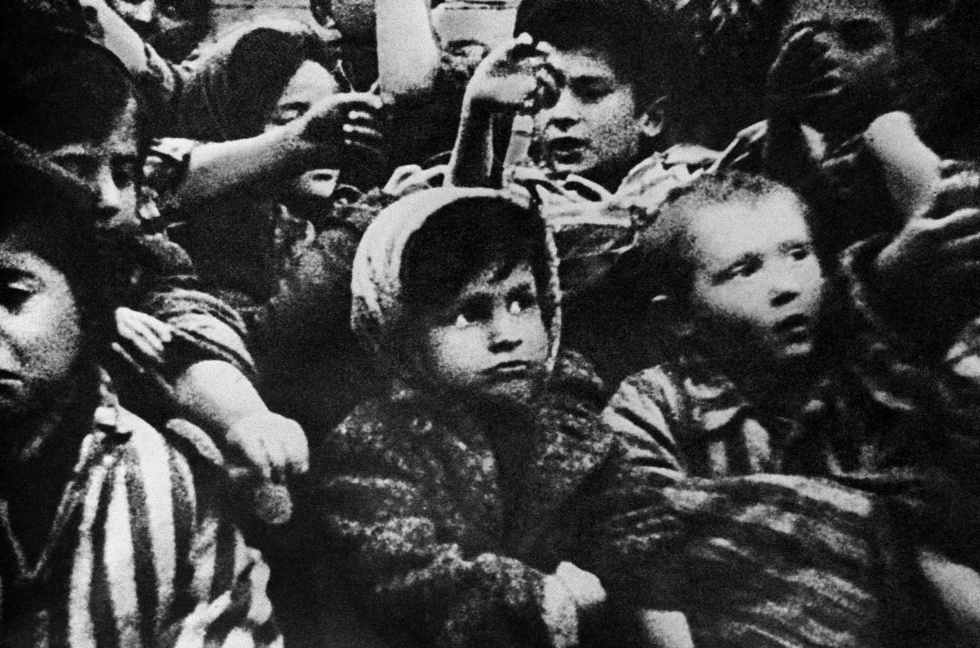
HERZLIYA, Israel - "In 1938, I told my father 'we have to leave this place'. Right now, I feel like saying the same thing about Israel," Bob Engelsman said while making coffee in his small apartment in a home for elderly Dutch Jews living in Israel.
In every corner of his apartment, there are pictures of his children and grandchildren. When asked where he would like to go, Engelsman hesitated.
"Maybe the United States, but I am too old to leave. Besides, what is the worst thing that can happen to me over here? I have survived everything,'' he said as a smile appeared on his face and he slowly made his way to his favourite chair in the middle of the room.
Engelsman is a 94-year-old Jew and Dutch holocaust survivor who came to Israel in 1950, three years after the state of Israel was declared. Like many others who left their homeland after the end of the Second World War, Engelsman tried to escape the horrific memories of the war and the slaughter of millions of his fellow Jews alongside the tens of millions of other people killed by the Nazis around the world.
But after his arrival, Engelsman found out that it wasn't easy to start over again in a "new" state: there was no work and the country was nearly empty. So he and his wife decided to go back to the Netherlands to start a company, but raised their kids with the idea that they would live in Israel one day.
Although there weren't any anti-Semitic feelings in Dutch society at that time, Engelsman still considered leaving to be the best option for Jews. When his children were old enough to migrate, they left. Engelsman and his wife followed them in 1982, and they all started a new life in Israel.
"We have always had our struggles in Israel, but now it's getting even harder. Not from within, but from the outside world. Anti-Israel sentiments are growing all over the world. It seems like they all of a sudden think 'what are those Jews doing over there?'," Engelsman said, adding that the latest war in Gaza played a major role in this development.
Protests all over the world have erupted since Israel's Operation Protective Edge against Hamas was launched last month. Israeli flags have been burnt and anti-Semitic language has begun to creep into the vocabulary of some Palestine supporters, he explained.
However, the growth of the Islamic State group is what truly worries the 94-year-old and many others like him. Engelsman now believes that the tandem rise of IS's profile in Europe, along with a general rise in anti-Semitic hate speech and crimes in Western countries, has created an extremely toxic environment.
A recent widely reported "pro-Palestine" rally in The Hague, where IS supporters prominently featured the group's distinctive black flag, and reportedly chanted "Death to the Jews", while promoting jihad, is being seen as an omen of worse things to come.
"When I saw those images on the news and read about Jews getting attacked in Europe, I was very shocked", Engelsman said.
Others in Herzliya, a city north of Tel Aviv, have a similar reaction, with most Holocaust survivors now concerned about the growing anti-Semitic feelings they think they have seen in Western society since the start of the latest Gaza war, in which almost 2,000 Palestinians were killed.
"It's ok not to agree with the Israeli government, like lots of people do over here. But if they are yelling 'kill all Jews' during protests, you haven't learned anything from the past,'' Vardina Sold, a Polish Zionist, who has lived in Israel since 1933, told Middle East Eye.
Jews living throughout Europe have begun to report a rise in anti-Semitism and some groups in Western Europe are now not only criticising Israel, but are also against the Jews in general, she explains.
Sold insists that these stories hurt her a lot and make her think back to the rising tide of anti-Semitism that gripped Europe before the war. And with three wars in hardly six years, she is even more sceptical about the future of Israel today, than she was before its creation.
"We have created such a beautiful place, but we are killing each other in order to live here. This is a very worrying situation,'' she said, adding that she thinks it's horrible how many Palestinian civilians been killed during the latest war in Gaza.
Extremists groups like the IS also frighten her the most. Supporters of and actual IS fighters alike have openly declared a war against all Jews and have promised that they will "free Palestine" and add Israel to their caliphate. On their Facebook and Twitter pages, IS supporters often share pictures with lines like "Israel, we are coming" or "All eyes on Jerusalem".
"I am deeply worried about the future of my children and grandchildren. Most of the elderly people are afraid. Everybody hates us. We are being surrounded by danger,'' Sold explained.
Since IS, formerly known as Islamic State of Iraq and Syria (ISIS), made significant gains in Syria and Iraq, Holocaust survivors have been suddenly reminded of the genocide that happened in their past.
In the past two weeks, Christians and Yezidis have fled their homes as the militant group took over their land. Reports about massacres against Yezidis - considered "infidels" by IS - appear on the news every day. That the West does not seem to know how to halt IS, makes Holecaust survivors all too aware of their own vulnerability.
Leo Van Praagh, 84, survived the Second World War with the help of the Dutch Resistance, the collective name for all individuals and groups who resisted the German occupation of the Netherlands during the war. After the Netherlands was liberated, Van Praagh tried to move on until he found himself sitting in a classroom one day, with his arms crossed, as the teacher lectured on the German language. It was then that he realised he could not stay.
"When I walked down the street, I kept on staring at my grandmother's window, until I realised she was dead. Everything reminded me of the war. I just had to get out of that environment," Van Praagh told Middle East Eye.
According to him, 24 of his Jewish family members were killed by the Germans during the war. While sitting in a chair by his balcony of his home in Israel, looking at the view, he all of a sudden changed the subject.
"I used to be a leftist for most of my life, you know, but now I am as right as I can ever be. This war is not about land, but about religion. It's a world war against Jews, Christians, even against moderate Muslims,'' he added.
Although it seems unlikely that IS will invade Israel, which is significantly better armed and still geographically distant from IS positions in Syria and Iraq the group is considered to be a real threat, with reports that IS is already operating in Gaza. While most analysts believe that such reports have been exaggerated, even the suggestion that IS could gain a foothold so close to Israel has sparked panic.
Elfaim Havely, a former head of the Israeli intelligence, believes IS is a much greater danger than Hamas. "Hamas may be the least bad option for Israel," he said.
In Israeli Prime Minister Benjamin Netanyahu considers Hamas the same as groups such as al-Qaida and IS - a view supported by many Israelis.
Van Praagh subscribes to this line of thinking. While Hamas may have a Palestinian agenda, he explained the major essence of the organisation was a very radical Islamic Sunni identity and that Hamas also wanted to "create a caliphate".
"We are only eight million, surrounded by millions of Muslims who do not recognise Israel as a Jewish state. That's our main threat now,'' he said.
Even those that continue to believe in a peaceful solution to the Israel-Palestine conflict, however, insit that they are very concerned about the current state of affairs.
Clara Kinori, an 84-year-old Holocaust survivor, hopes that there will be peace but is not sure if Israel can protect its people from the danger presented by groups like IS that uses anti-Israeli sentiment as a recruiting tool.
"But I will probably not live long enough to witness that. Thank god," she said.
New MEE newsletter: Jerusalem Dispatch
Sign up to get the latest insights and analysis on Israel-Palestine, alongside Turkey Unpacked and other MEE newsletters
Middle East Eye delivers independent and unrivalled coverage and analysis of the Middle East, North Africa and beyond. To learn more about republishing this content and the associated fees, please fill out this form. More about MEE can be found here.


